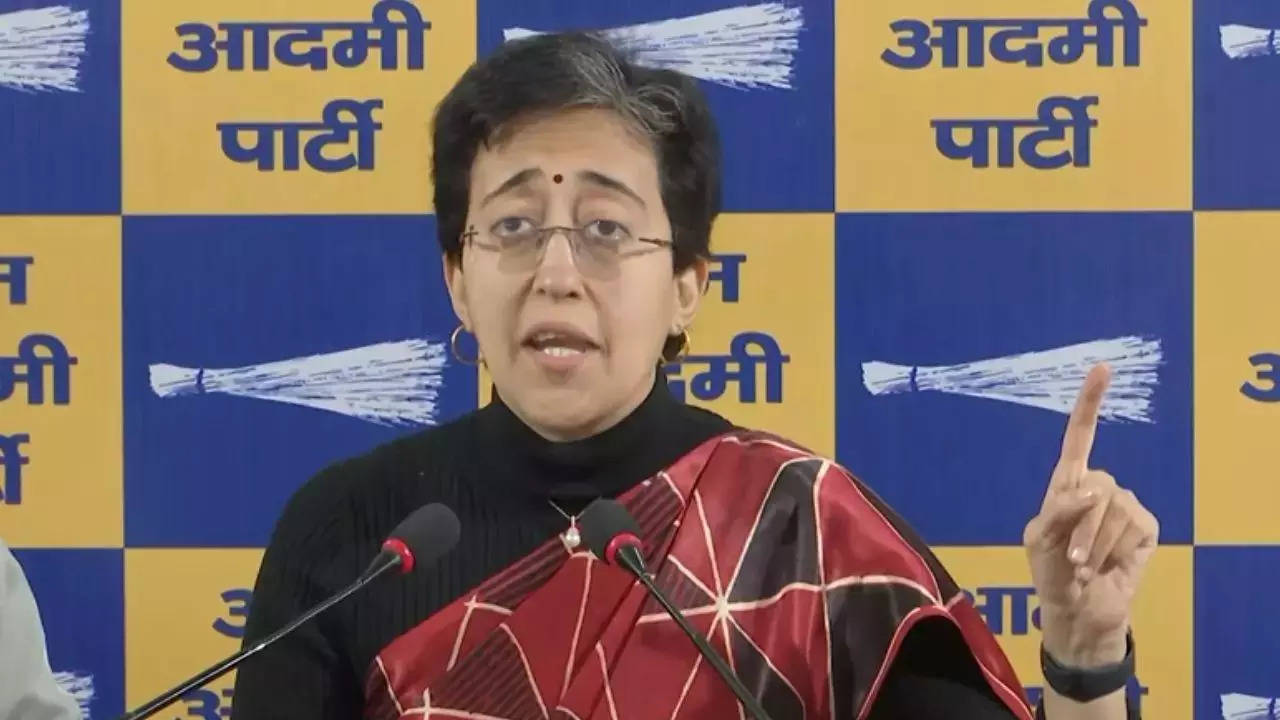Delhi CM Atishi Takes a Stand for Women's Safety on Public Transport: Zero Tolerance for Drivers Bypassing Female Passengers
In a significant move to bolster women's safety and empower female commuters in Delhi, Chief Minister Atishi has announced a strict new policy for public transport. This isn't just another news story; it's a bold step towards creating a safer, more inclusive city for women. Are you ready to learn more about this revolutionary change that could inspire similar initiatives nationwide? Let's dive into the details!
Zero Tolerance for Bus Drivers Bypassing Women Passengers
Delhi's public transport system is undergoing a transformation focused on enhancing safety for women. The new policy comes down hard on drivers and conductors who fail to stop for women waiting at designated bus stops. This initiative stems from the alarming experiences of numerous women commuters, highlighting the critical need for a change in the public transport system.
The New Rules and Their Implications
A recent directive from the Transport Department mandates that all DTC and Cluster bus drivers must stop to pick up female passengers waiting at bus stops. Failure to comply will result in immediate suspension. This isn't merely about convenience; it's about creating an environment where women feel safe and empowered to utilize public transportation.
Empowering Women: Social Media as a Tool
Recognizing the need for immediate feedback and action, Chief Minister Atishi has encouraged women to use social media to report any such incidents. By clicking a picture of buses that drive past without picking up female passengers and sharing it on social media, women can play an active role in ensuring accountability. The images will provide irrefutable evidence to hold errant drivers accountable, expediting the process of addressing these instances.
Atishi's Vision: A Safe and Empowered Delhi for Women
Atishi's vision extends beyond just ensuring bus safety; it's about creating a city that supports and empowers women's participation in every aspect of life. She argues that a stronger economy depends on more women being able to move freely for work, education, and personal engagements. This initiative directly addresses the barriers that have historically prevented full participation.
Reimbursing DTC and Cluster Buses: Financial Incentive
Adding another dimension to this initiative, the Delhi government reimburses the DTC and Cluster buses for the free travel provided to women. By implementing free travel and addressing the financial aspects, the policy eliminates any perceived risk to bus operators, removing any economic excuses for failure to pick up women passengers.
Breaking Barriers: Free Travel for Women
Women in Delhi enjoy the advantage of free travel on public transport buses. The elimination of financial barriers alongside the new rules sends a powerful message of inclusivity and empowerment, providing greater ease of mobility.
Driving Change: Public Support and Accountability
This bold policy not only improves the experience of daily commuters, it encourages an active public response and strengthens accountability systems. By creating a system of social media reporting combined with swift and visible disciplinary measures, Atishi has successfully turned the spotlight onto responsible practices within the transport system. This innovative approach leverages the power of digital media to actively tackle systemic issues affecting the well-being of its women commuters.
Beyond Bus Stops: Long-Term Safety Strategies
While the immediate focus is on bus stops, this initiative's success should lay a foundation for the continued pursuit of safer public transit in Delhi. It highlights a clear intent by the administration to actively create a better public transport experience focused on female safety. Expect more measures like this coming up in the future to support a growing community and boost gender equality within Delhi.
Take Away Points
- Delhi's new public transport policy shows zero tolerance for drivers bypassing female passengers.
- Women are empowered to use social media to report instances of buses ignoring passengers.
- The Delhi government financially supports the free travel initiative for women.
- This policy addresses safety concerns and economic participation of women.




